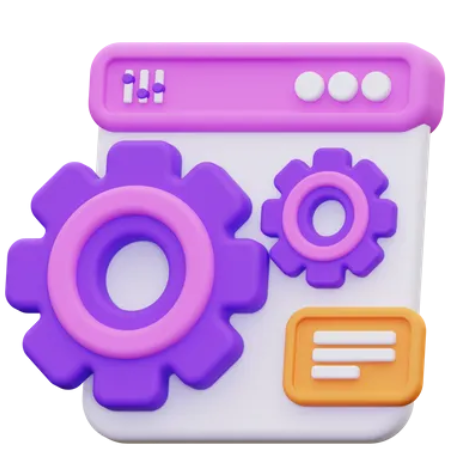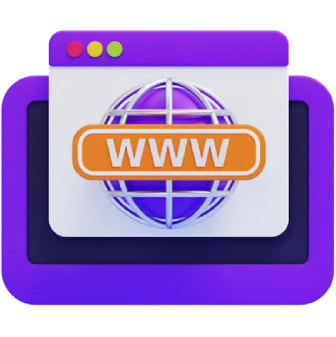In the dynamic landscape of online business, having an efficient Content Management System (CMS) is essential for maintaining, updating, and optimizing your website content. A robust CMS streamlines the process, allowing you to focus on your business’s core functions. In this article, we’ll explore the top five Content Management Systems ideal for your business website.
I. Introduction
A. The Importance of a Content Management System
A Content Management System simplifies the creation, modification, and maintenance of digital content. Choosing the right CMS is crucial for businesses looking to manage their online presence effectively.
II. WordPress
A. User-Friendly Interface
WordPress is renowned for its user-friendly interface, making it accessible for beginners and experts alike. With a vast library of plugins and themes, customization options are virtually limitless.
B. Extensive Community Support
The large WordPress community ensures quick problem-solving and continuous updates. This support network is beneficial for troubleshooting and staying abreast of the latest industry trends.
III. Joomla
A. Versatility and Flexibility
Joomla offers a balance between user-friendliness and advanced features. It is particularly suitable for businesses requiring a more complex website structure with multiple content types.
B. Robust User Management
With robust user management capabilities, Joomla is ideal for websites with multiple contributors or varying permission levels. This feature ensures efficient collaboration within your organization.
IV. Drupal
A. Scalability and Customization
Drupal excels in scalability, making it suitable for growing businesses. It provides extensive customization options and is favored by enterprises that demand a high level of flexibility in their websites.
B. Security Features
Security is a priority for Drupal. It undergoes rigorous testing, and the community is proactive in addressing vulnerabilities, making it a secure choice for businesses handling sensitive data.
V. Magento
A. E-commerce Focus
Magento is a CMS tailored for e-commerce businesses. It offers robust e-commerce features, including inventory management, secure payment options, and a seamless shopping experience for customers.
B. High Performance
Designed for high performance, Magento can handle large product catalogs and high traffic volumes. Its scalability is particularly beneficial for businesses experiencing rapid growth.
VI. Wix
A. Drag-and-Drop Website Builder
Wix stands out for its user-friendly drag-and-drop interface, making it an excellent choice for small businesses and entrepreneurs. No coding skills are required to create professional-looking websites.
B. App Market for Additional Functionality
Wix’s App Market allows users to integrate additional functionality seamlessly. This feature enhances the platform’s capabilities, enabling businesses to tailor their websites to specific needs.
Conclusion
Selecting the right Content Management System is a pivotal decision for your business website’s success. Whether you prioritize user-friendliness, versatility, scalability, e-commerce capabilities, or a combination of these features, the CMS you choose should align with your business goals and website requirements.
Consider factors such as your team’s expertise, the complexity of your website, and future scalability when making this decision. Each CMS mentioned—WordPress, Joomla, Drupal, Magento, and Wix—has its unique strengths, so evaluate them based on your specific business needs.




















